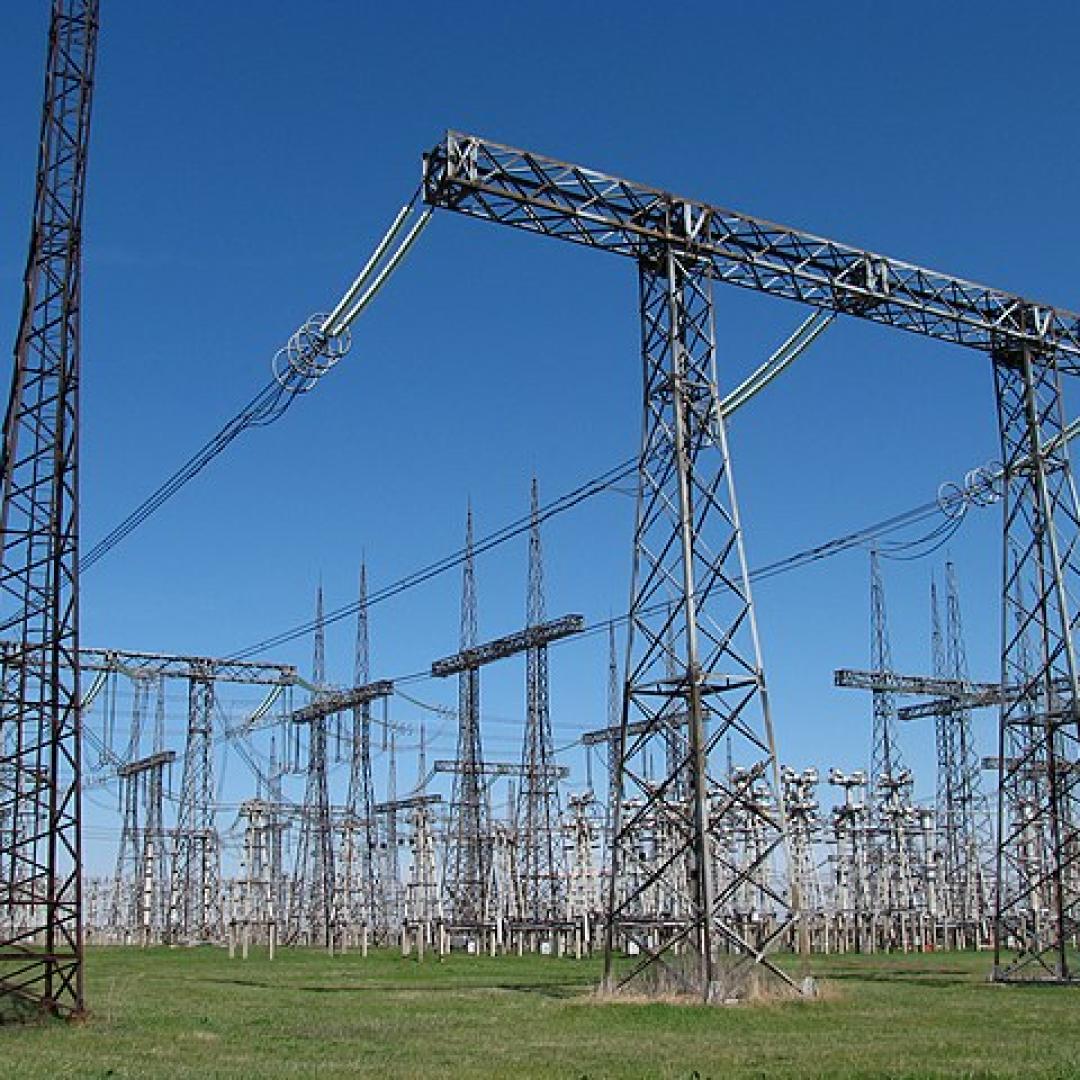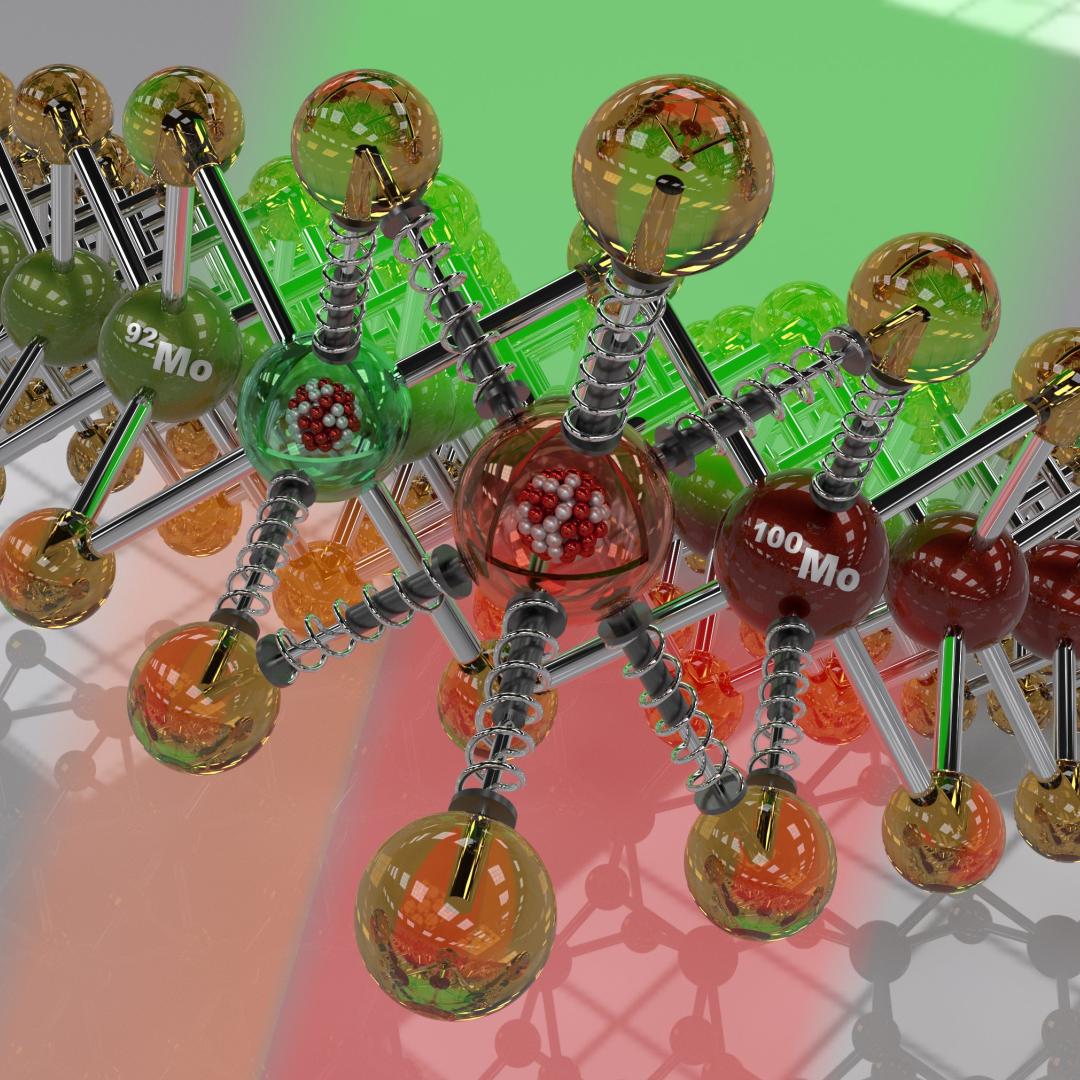Filter News
Area of Research
- Advanced Manufacturing (29)
- Biological Systems (17)
- Biology and Environment (74)
- Biology and Soft Matter (1)
- Building Technologies (10)
- Chemical and Engineering Materials (1)
- Chemistry and Physics at Interfaces (4)
- Clean Energy (339)
- Climate and Environmental Systems (6)
- Computational Biology (5)
- Computational Engineering (4)
- Computer Science (16)
- Electricity and Smart Grid (2)
- Energy Frontier Research Centers (7)
- Energy Sciences (5)
- Fossil Energy (3)
- Fuel Cycle Science and Technology (1)
- Functional Materials for Energy (8)
- Fusion and Fission (23)
- Fusion Energy (10)
- Geographic Information Science and Technology (2)
- Isotope Development and Production (2)
- Isotopes (15)
- Materials (300)
- Materials Characterization (2)
- Materials for Computing (23)
- Materials Synthesis from Atoms to Systems (5)
- Materials Under Extremes (5)
- Mathematics (1)
- National Security (33)
- Neutron Data Analysis and Visualization (2)
- Neutron Science (115)
- Nuclear Science and Technology (45)
- Nuclear Systems Modeling, Simulation and Validation (3)
- Nuclear Systems Technology (1)
- Quantum Condensed Matter (1)
- Quantum information Science (5)
- Reactor Technology (1)
- Renewable Energy (2)
- Sensors and Controls (3)
- Supercomputing (156)
- Transportation Systems (7)
News Type
Date
News Topics
- 3-D Printing/Advanced Manufacturing (79)
- Advanced Reactors (25)
- Artificial Intelligence (43)
- Big Data (26)
- Bioenergy (39)
- Biology (40)
- Biomedical (29)
- Biotechnology (10)
- Buildings (32)
- Chemical Sciences (39)
- Clean Water (14)
- Climate Change (44)
- Composites (19)
- Computer Science (100)
- Coronavirus (28)
- Critical Materials (22)
- Cybersecurity (21)
- Decarbonization (26)
- Education (3)
- Element Discovery (1)
- Energy Storage (73)
- Environment (87)
- Exascale Computing (13)
- Fossil Energy (1)
- Frontier (17)
- Fusion (23)
- Grid (36)
- High-Performance Computing (42)
- Hydropower (6)
- Irradiation (3)
- Isotopes (23)
- ITER (5)
- Machine Learning (24)
- Materials (102)
- Materials Science (85)
- Mathematics (1)
- Mercury (5)
- Microscopy (29)
- Molten Salt (7)
- Nanotechnology (40)
- National Security (21)
- Net Zero (4)
- Neutron Science (83)
- Nuclear Energy (50)
- Partnerships (28)
- Physics (28)
- Polymers (21)
- Quantum Computing (13)
- Quantum Science (38)
- Renewable Energy (1)
- Security (12)
- Simulation (17)
- Software (1)
- Space Exploration (13)
- Statistics (3)
- Summit (27)
- Sustainable Energy (77)
- Transformational Challenge Reactor (4)
- Transportation (63)
Media Contacts
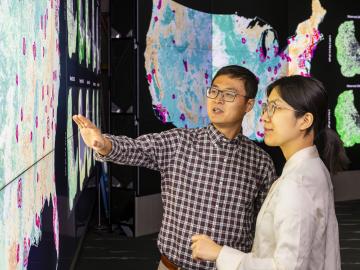
Scientists at ORNL completed a study of how well vegetation survived extreme heat events in both urban and rural communities across the country in recent years. The analysis informs pathways for climate mitigation, including ways to reduce the effect of urban heat islands.
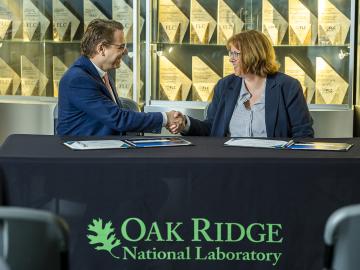
A collection of seven technologies for lithium recovery developed by scientists from ORNL has been licensed to Element3, a Texas-based company focused on extracting lithium from wastewater produced by oil and gas production.
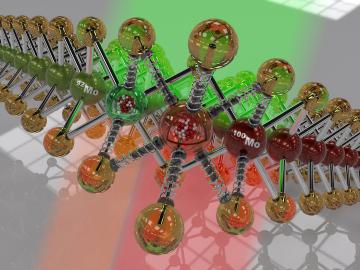
Research led by scientists at ORNL has demonstrated that small changes in the isotopic content of thin semiconductor materials can influence their optical and electronic properties, possibly opening the way to new and advanced designs with the semiconductors.
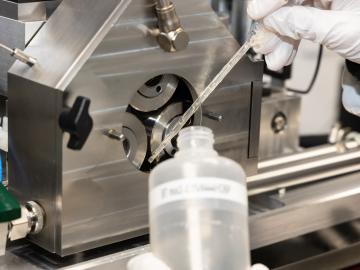
Scientists at the Department of Energy’s Oak Ridge National Laboratory have developed lubricant additives that protect both water turbine equipment and the surrounding environment.

ORNL has named W. David Pointer, director of the Nuclear Energy and Fuel Cycle Division in ORNL’s Fusion and Fission Energy and Science Directorate. As director, Pointer will lead a world-class team of ORNL research professionals focused on addressing the challenges and opportunities presented by current and future nuclear energy systems.

Eva Zarkadoula, a senior R&D staff member at the Center for Nanophase Materials Sciences, has been elected vice-chair of the Chemistry and Physics of Materials Committee of the Minerals, Metals & Materials Society.
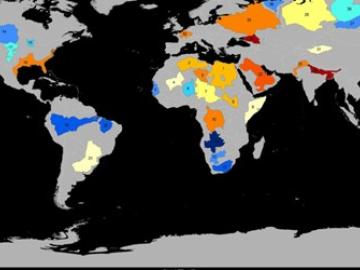
Groundwater withdrawals are expected to peak in about one-third of the world’s basins by 2050, potentially triggering significant trade and agriculture shifts, a new analysis finds.
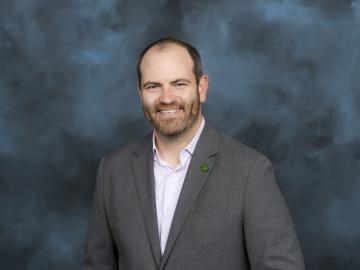
ORNL's Scott Curran, group leader for Fuel Science and Engine Technologies Research, has been named a fellow of SAE International and ASME.
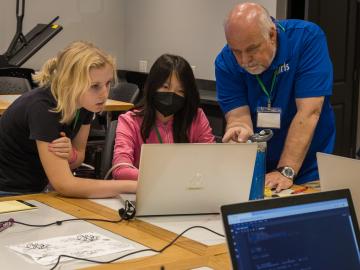
Thomas Proffen, a neutron scattering scientist at ORNL and founder of Oak Ridge Computer Science Girls, was recognized with an award from the National Center for Women & Information Technology, or NCWIT. In addition, one of his students received a national honor from the organization.

Rigoberto “Gobet” Advincula, a scientist with joint appointments at ORNL and the University of Tennessee, has been named a Fellow of the American Institute for Medical and Biological Engineering.


